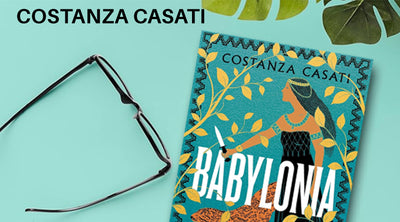
Waverley (M): Black Watch Tartan Cloth Commonplace Notebook
Click here to join our rewards scheme and earn points on this purchase!
Release Date: 01/02/2016
This Black Watch genuine tartan cloth notebook has 176pp of 80gsm cream paper, with left page plain, right page ruled. With a ribbon marker, an expandable inner note pocket, elastic enclosure, a leaflet about the history of tartan, and a colourful bookmark with a brief history of the Black Watch tartan. Comes in a light plastic wrapper bag. This Black Watch genuine tartan cloth notebook has 176pp of 80gsm cream paper, with left page plain, right page ruled. With a ribbon marker, an expandable inner note pocket, elastic enclosure, a leaflet about the history of tartan, and a colourful bookmark with a brief history of the Black Watch tartan. Comes in a light plastic wrapper bag. Commonplace notebooks (or 'commonplaces') were a way to compile and record knowledge and were used by many thinkers, scientists and writers in Scottish history (the Scottish Enlightenment) such as Adam Smith, Robert Burns, Francis Hutcheson, David Hume, James Hutton, John Playfair and Adam Ferguson. Their popularity continued with many famous British authors and artists using them such as Virginia Woolf, Walter Scott, John Milton, Francis Bacon, E.M.Forster, W.H Auden, and Arthur Conan Doyle. This range of Waverley Genuine Tartan Cloth Commonplace Notebooks celebrates tartan. Tartan belongs to Scottish heritage and to Scottish culture past and present. Tartan thrives today both at home and overseas. There are now over 7,000 tartans officially recorded in the Scottish Register of Tartans located within the National Archive of Scotland.Waverley Books is working with Kinloch Anderson, Edinburgh, who supplied genuine tartan cloth from weavers in Scotland, and the Borders.Deirdre Kinloch Anderson helped to establish the Scottish Register of Tartans, which guarantees tartan is secure in the public domain and for the heritage of Scotland.





